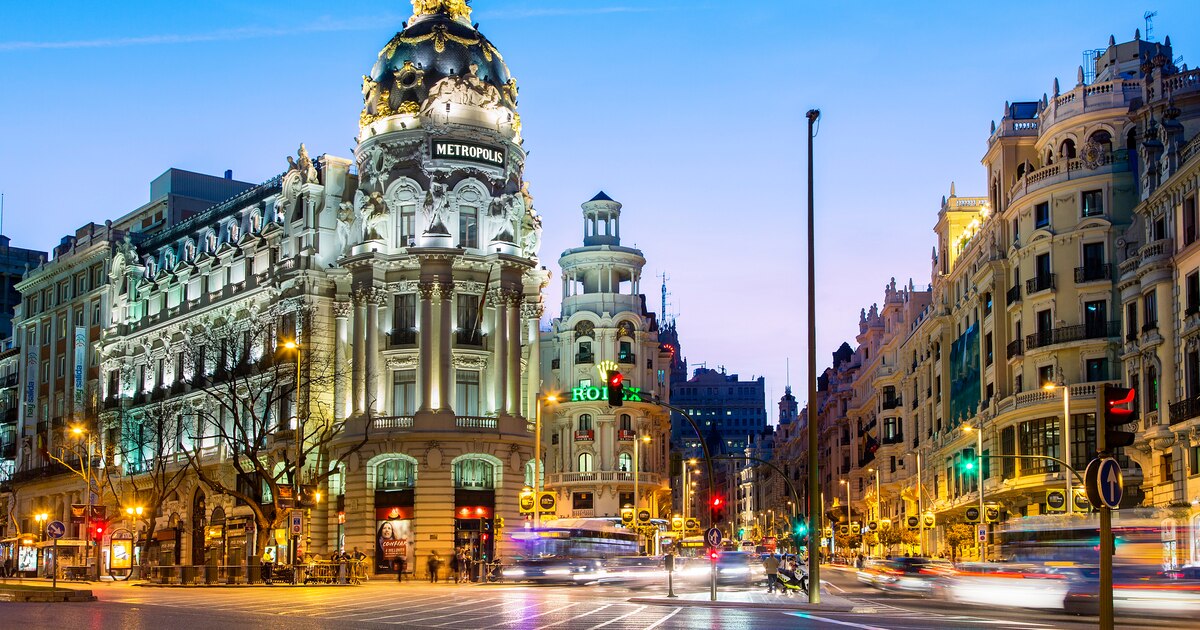
Antonio Ledezma, former mayor of Caracas, jokes that he sometimes forgets that Madrid is not the capital of Venezuela, from which he escaped five years ago. “Every time I ride or take a bus, I probably run into two or three other Venezuelans,” he says of the Spanish capital. “It’s a bit strange, but this sometimes feels like Sabana Grande to me,” he added, referring to one of the main boulevards in Caracas.
Although Latin Americans have long been looking for work in Spain – often in low-paid jobs such as cleaners, waiters or construction sites – the region’s turmoil in recent years has led to an influx of prominent and wealthy exiles. Now, the Spanish capital rivals Miami as a haven for Latin Americans, and often also for their money, according to newcomers and others who serve them.
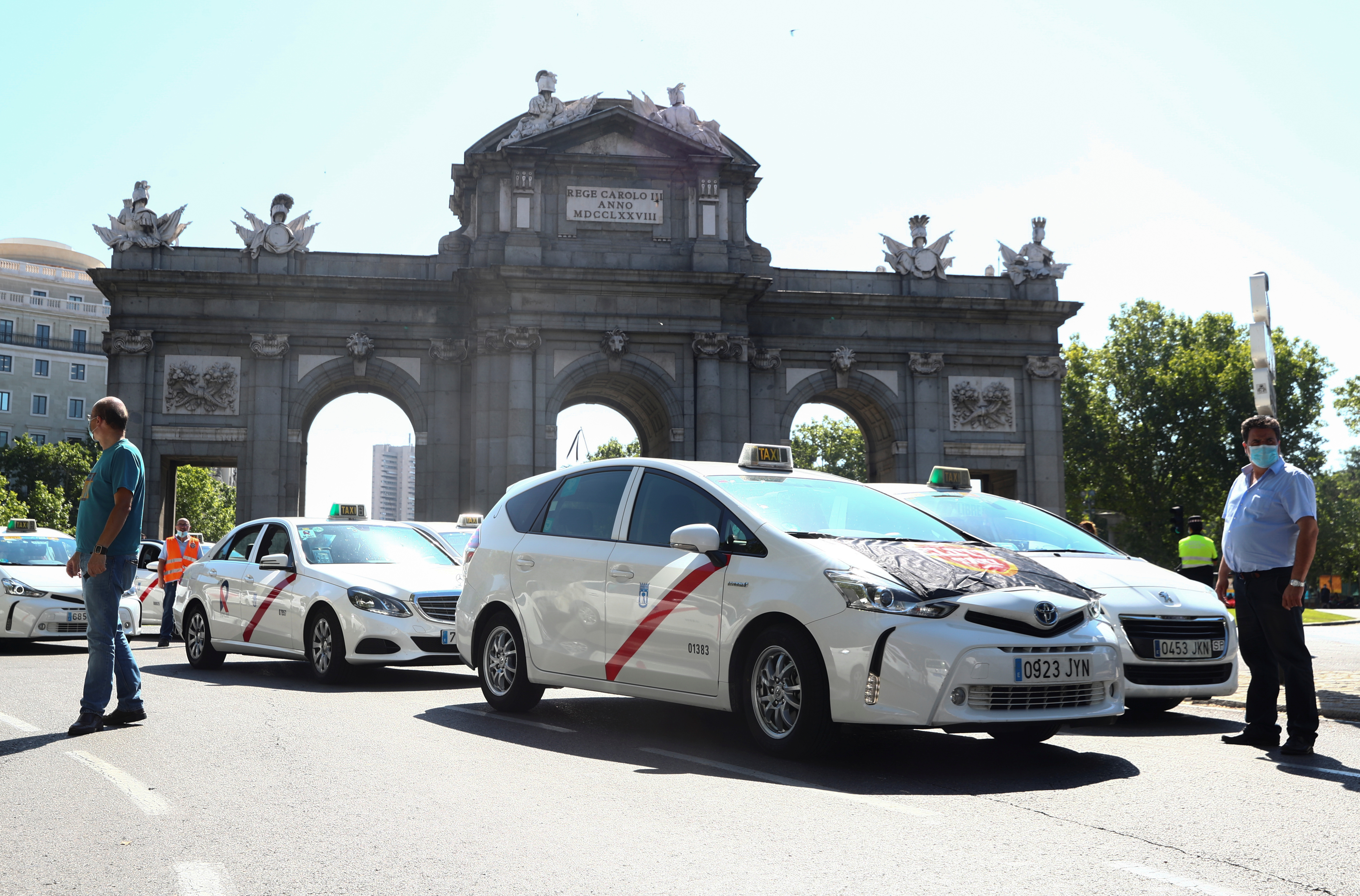
Ledezma and several other high-profile opposition politicians from Venezuela have landed in Madrid after fleeing the repressive government of Nicolás Maduro. Other wealthy Latin Americans have also begun to move their money out of countries where voters have recently elected leftist presidents, including Mexico in 2018, Peru last year, and most recently Chile, where Gabriel Boric took office in March as president youngest in the country. Boric is committed to making Chilean society more egalitarian.
The answer in Spain seems to have been to extend the red carpet. When Ledezma arrived in Madrid in November 2017, he was received by the then president of the Spanish Government, Mariano Rajoy, who immediately offered him Spanish nationality. Ledezma rejected the offer, but many other Latin Americans, especially the rich, are applying for or have received Spanish citizenship. Some have received the so-called golden visa that Spain has been granting in exchange for spending at least 500,000 euros, or about $550,000, on a property.
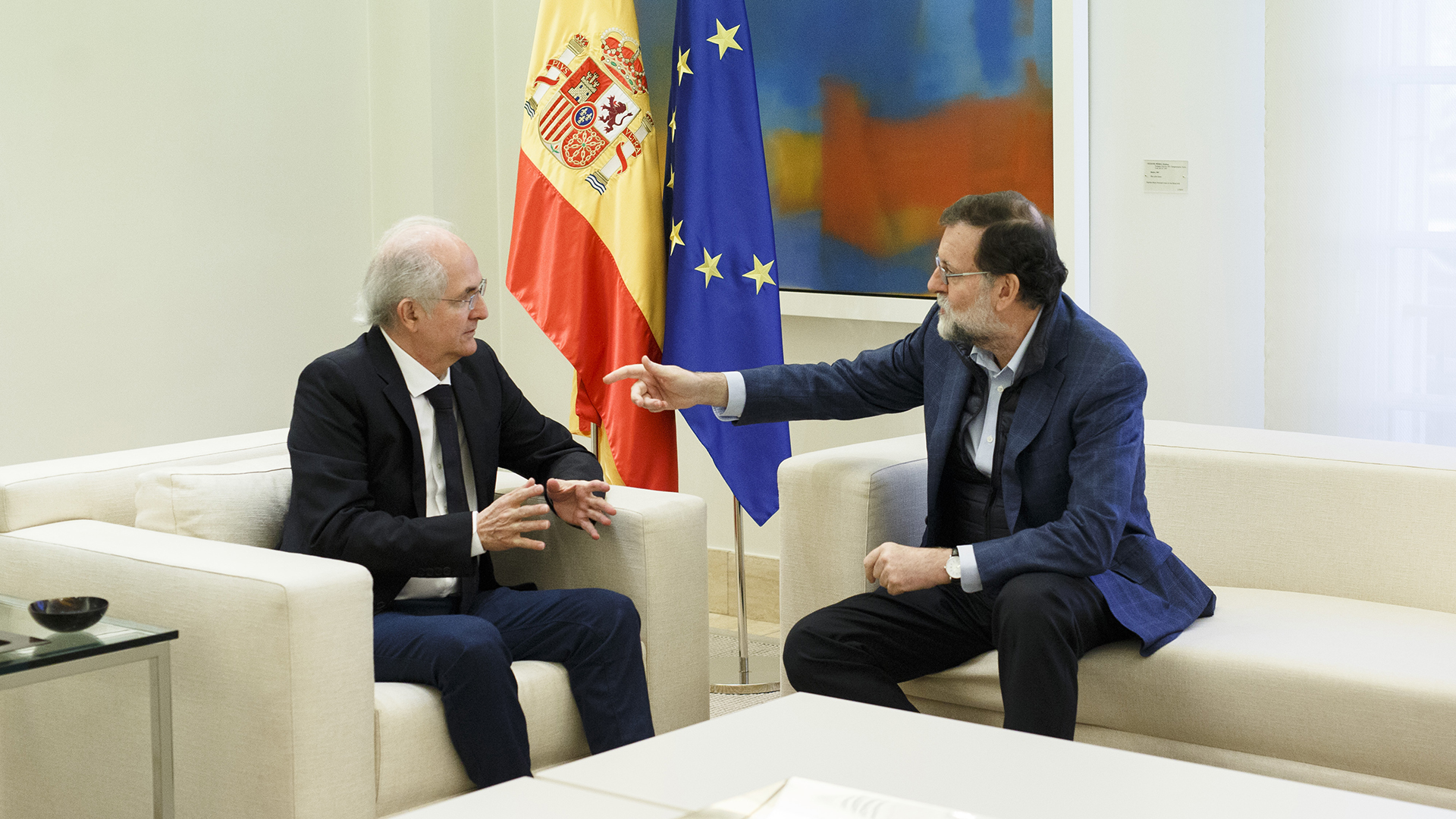
Spain allows Latin Americans to apply for citizenship after two years of legal residence, which is shorter than the normal requirement of 10 years of residence for other nationalities, or five years for refugees.
“Spain has really been very generous to Venezuelans, opening doors wide and giving them many ways to get legal residency here,” said Jorge Neri, a Venezuelan who has a media company in Madrid.
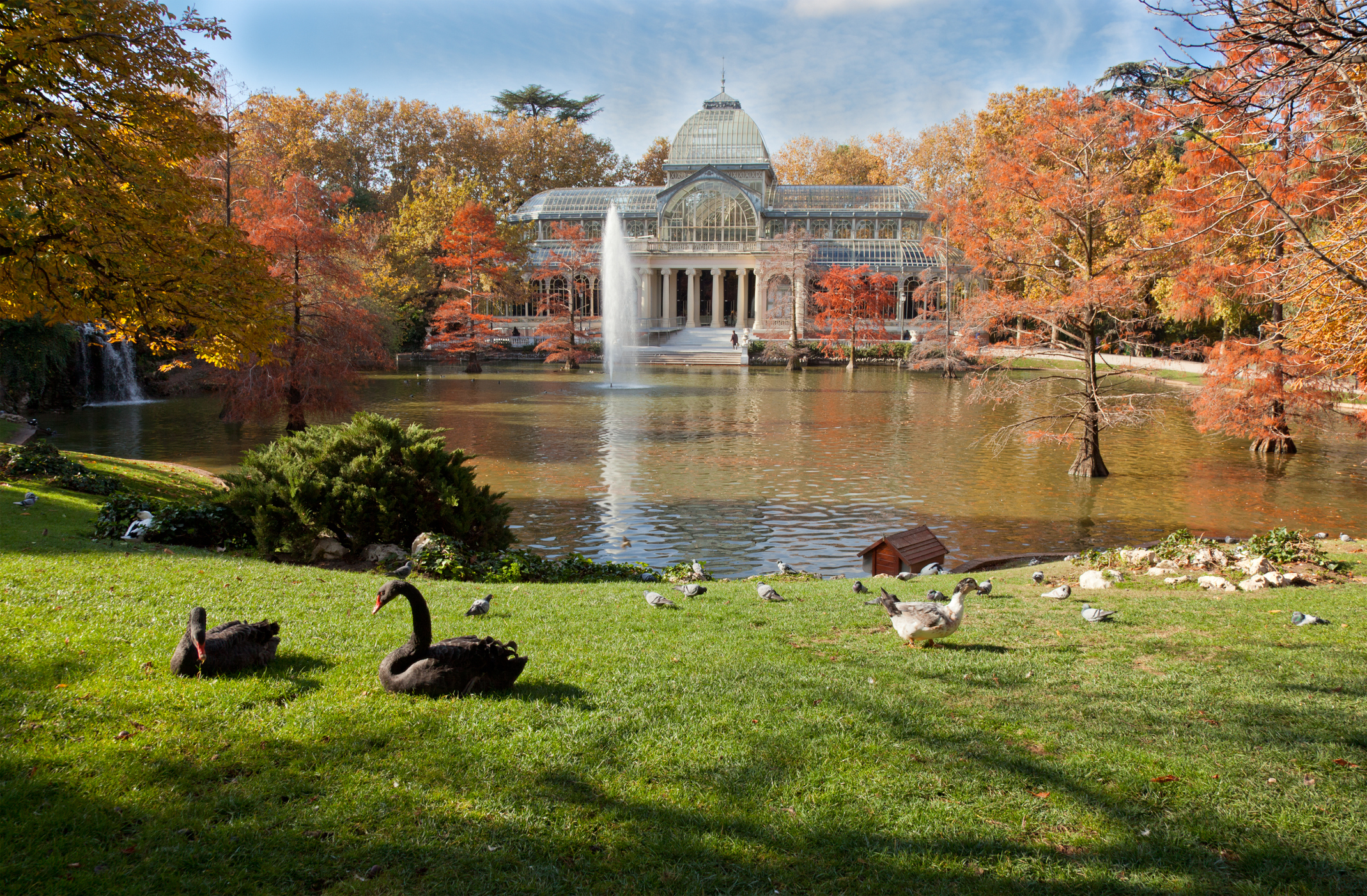
For wealthy Latin Americans, he said, Madrid has also recently offered better investment opportunities than Miami. “I think Madrid has consolidated above Miami, also because prices in Miami have soared,” he said.
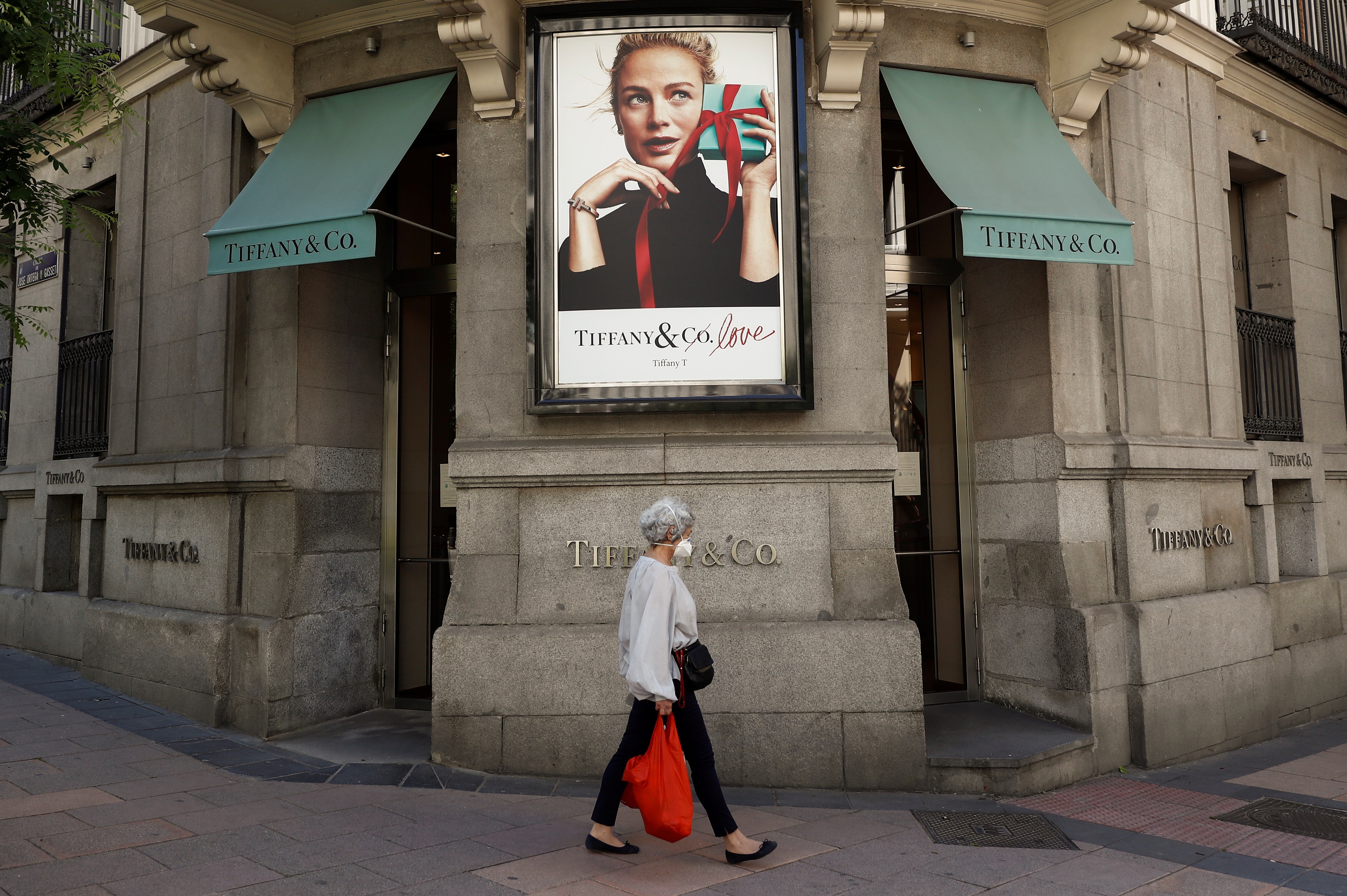
Gilberto Carrasquero, a Venezuelan business consultant, is one of the many Latin Americans who have sold a property in Miami and bought one in Madrid; in his case, an apartment in the Salamanca neighborhood, where Venezuelan and Mexican real estate developers have purchased and renovated entire buildings.
“When Venezuela went into crisis and we started to leave, it seemed that the natural place to go was Miami, which is exactly what I did, but in reality Madrid feels much more like home now,” said Carrasquero, who is applying for Spanish citizenship.
There are currently some 200,000 Venezuelans officially registered in Spain, but experts say that the real figure is significantly higher because Spain’s national statistics do not include those who are not officially domiciled or who entered the country illegally. About a quarter of Latin American migration to Spain is illegal, according to a study published in 2020.
Venezuelans have become the main new settlers in Spain, and their numbers will again increase by more than 50 percent in 2020, despite the strict travel blockade due to the pandemic, according to the Spanish government.
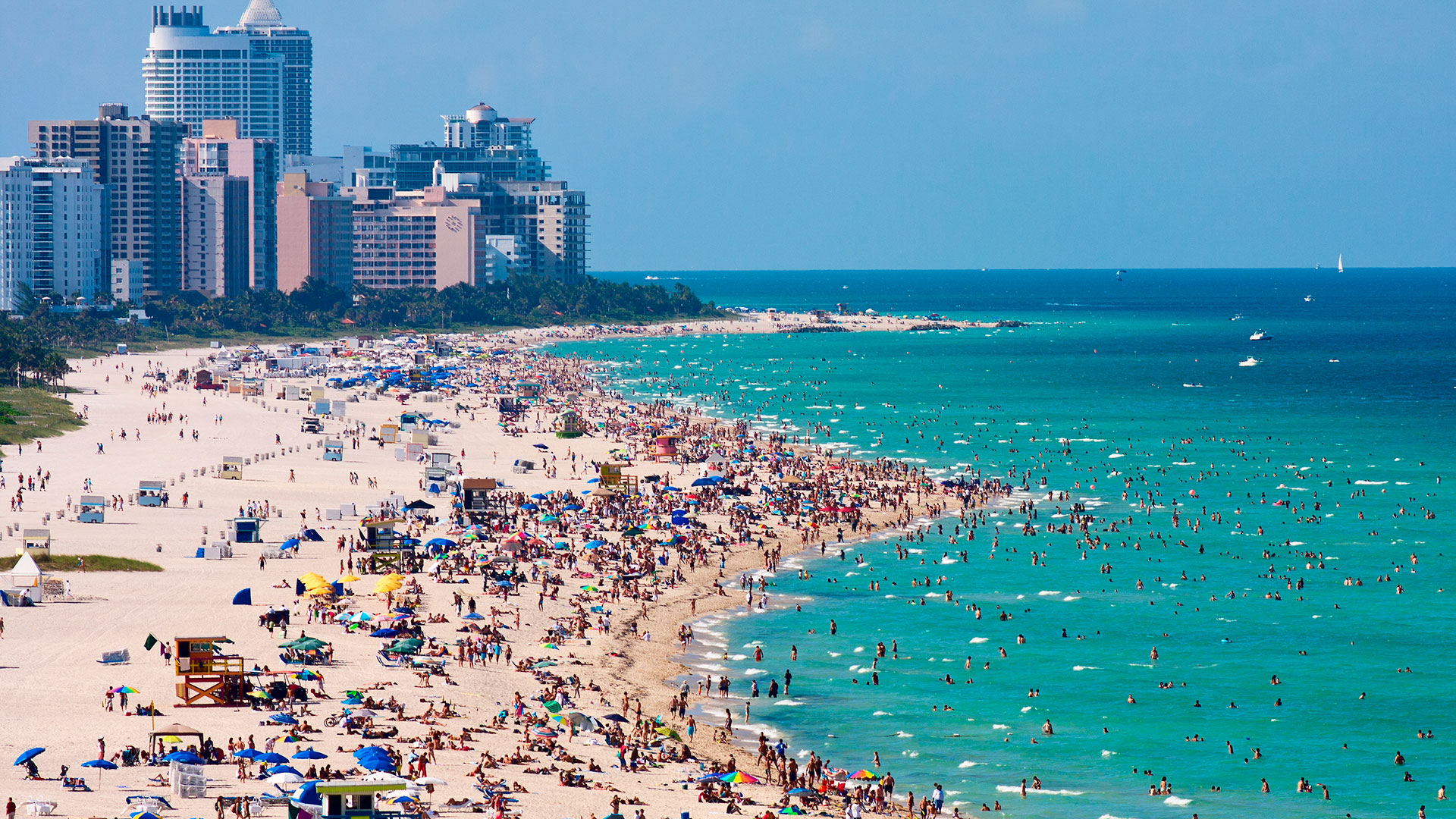
But Neri said she is now seeing more people from other Latin American countries as well, many of them worried about the “left-wing politics” sweeping the region. Colombia could become the last country to lean in that direction, with presidential elections in May in which the favorite is Gustavo Petro, a former left-wing mayor of the capital, Bogotá. Petro has a clear message for the rich: Pay more taxes.
Bruna Denegri Iglesias, a Peruvian real estate agent who has lived in Madrid for 18 years, says her Peruvian clientele has increased more than fivefold since July, when leftist Pedro Castillo was elected president.
“There are people who see Madrid as an emergency landing, so they want to buy a million-euro apartment immediately, get residency and then possibly move to something better and bigger if they end up actually spending most of their time here,” he said. Peruvians now represent at least 80% of its customers, he said, while in the past “there were months when I didn’t get a single call from Peru.”
The pandemic significantly limited mobility, but the recent removal of travel restrictions has allowed many privileged Latin Americans to return to a multi-household lifestyle, with Madrid among their stopover positions.
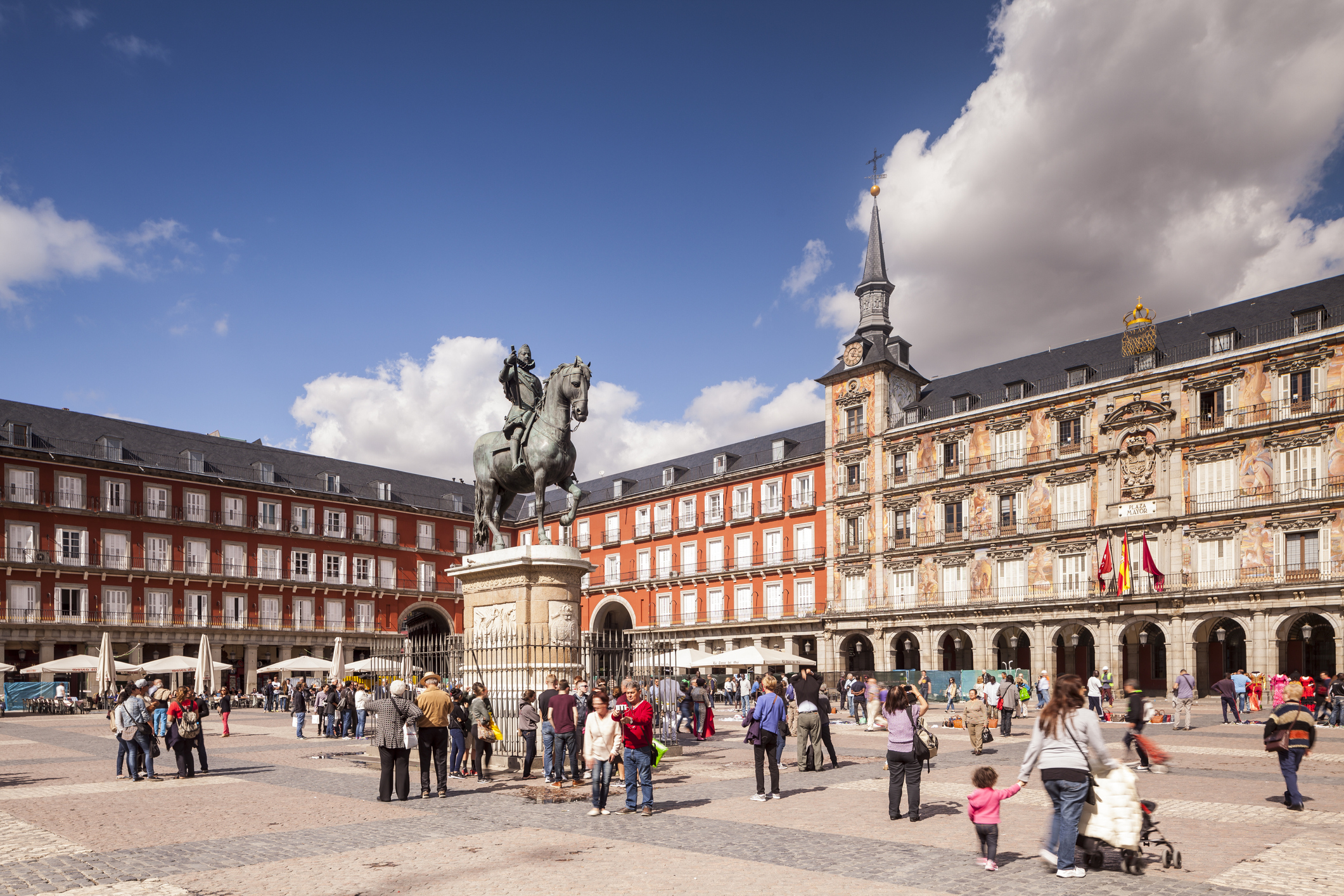
Dani Levinas, an Argentine who chairs the board of the Phillips Collection, an art museum in Washington, divides his time between the US capital, Miami and Madrid, where he bought an apartment six years ago.
Levinas said he considered living in Madrid for the first time after attending Arco, an art fair that brings together many Latin American artists and collectors. “Personally, the lifestyle and culture of Madrid make me feel much more comfortable now than in Miami,” he said. “In Madrid, I live close to eight theaters, so I can see a different show every week without having to take a taxi, and these kinds of opportunities don’t exist in Miami.”
Latin Americans have also rapidly expanded their business footprint in Madrid. They have purchased commercial properties and hotels, including the five-star Rosewood Villa Magna, which reopened its doors last October following a renovation financed by its Mexican owners. Some entrepreneurs are also bringing their own Latin American staff to Madrid.
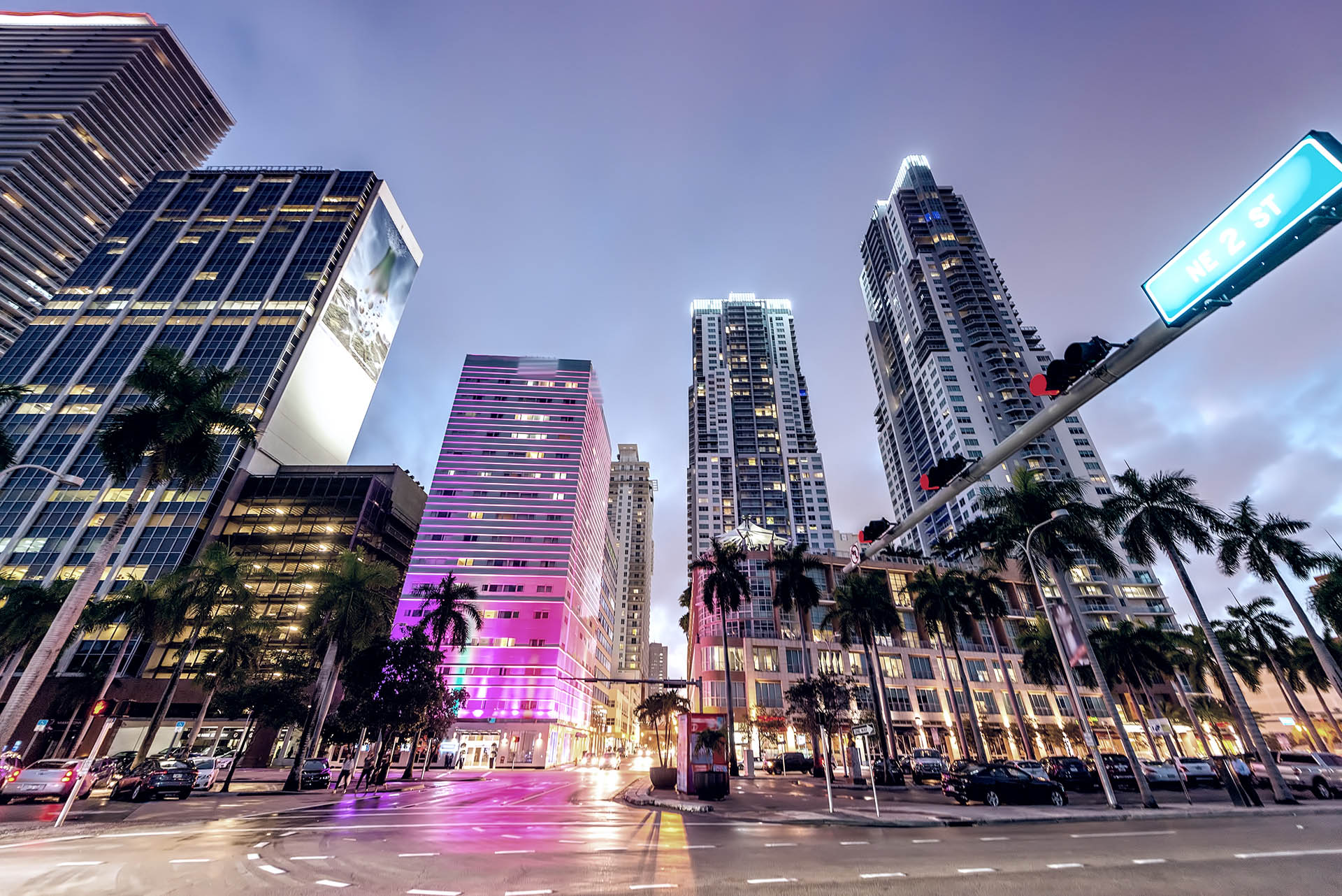
Although Spain has struggled with a high level of unemployment, its government has also recognized that hundreds of thousands of new immigrants are needed each year to compensate for the country’s ageing population and avoid labour shortages in some key sectors.
In January, César Figari opened his third Peruvian restaurant in the Spanish capital. It employs 45 people, all of them from Latin America. More than half are compatriots, including nine to whom Figari rents an apartment, after sponsoring their work visas in Spain. Increasingly, he says, his clientele also comes from Latin America.
“I wanted to get more people in Madrid to discover Peruvian cuisine, but now I’m also serving a lot of people who don’t need an introduction to our gastronomy,” he said.
In March 2021, 27-year-old Milagros Visintin and her partner left Buenos Aires to go to Madrid, where she found a job at the Spanish subsidiary of Metro, a German retailer, after having previously worked for Walmart in Argentina.
In the last year, eight friends from her university graduation have also moved to Madrid. Argentina’s financial problems, including the falling value of its currency, have meant that “the numbers no longer add up if you want to make a business career” there, Visintin said. It also welcomes Madrid’s comparatively low crime rate. “As a woman, now I would never take public transport at night in Buenos Aires,” she said.
Ledezma, former mayor of Caracas, said he was still determined to help overthrow Maduro, but that he was also now eager to help less privileged Venezuelans settle in Madrid. “Of course, I felt very welcome in Madrid, but the question is whether Venezuelans who ride bikes to deliver food here are also okay,” he said. “While I am here, I also want to show my solidarity with those for whom this migration has really been a great struggle.”
KEEP READING:
